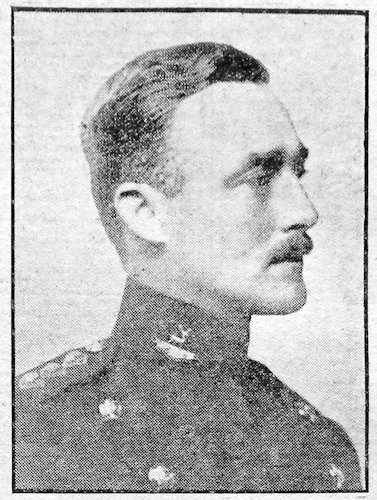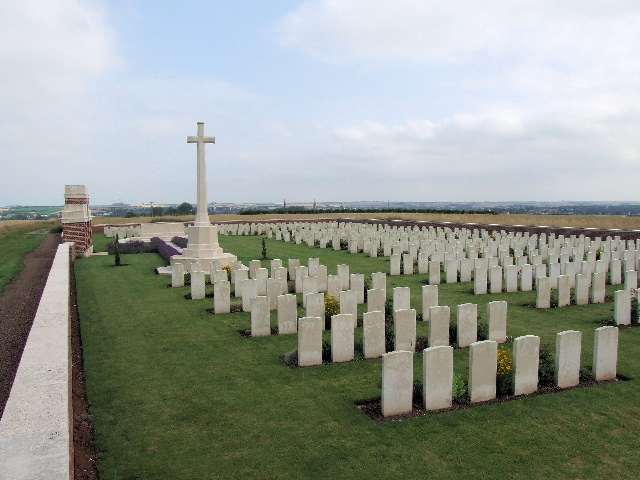Name
John Stanhope Collings-Wells (VC, DSO)
19 Jul 1880
Conflict
First World War
Date of Death / Age
27/03/1918
38
Rank, Service Number & Service Details
Lieutenant Colonel
Bedfordshire Regiment
4th Bn.
Awards: Service Medals/Honour Awards
1914 /15 Star, British War and Victory medals
Victoria Cross, Distinguished Service Order
Cemetery/Memorial: Name/Reference/Country
BOUZINCOURT RIDGE CEMETERY, ALBERT
III E 12
France
Headstone Inscription
In Proud and Loving Memory ' i am the resurrection and the Life. He that believe in me, Though He were dead Yet shall he live'
UK & Other Memorials
Markyate Village Memorial, St John the Baptist Church Memorial, Markyate, Individual Plaque St John The Baptist Church, Markyate, Memorial Window St John The Baptist Church, Markyate, Ind. Plaque, St Etheldredas Church, Bishops Hatfield, 4th Battalion Bedfordshire Regiment (Herts Militia) Plaque, St Eldreda's, Church, Hatfield
Pre War
Wartime Service
Additional Information
Arrears of £324 12s 6d was paid to his father and probate of £7406 5s 2d was granted to his father. Brother Russel Primrose Collings Wells served with 15th (the King’s) Hussars from 1902 in India and South Africa, in the Great War went to France on 18 Aug 1914 and was severely wounded at Mons, He later commanded armoured cars in Egypt. He survived gaining a DSO.
Brother Leonard Collings Wells became a Coffee Planter in Kenya and served in the 1st Battalion King’s African Rifles, was wounded in his first action at Mbuyuni (July 1915) Gunshot wounded through elbow and recovered but had little feeling lower arm which precluded further Military Service. Survived Great War.
John’s first Cousin, James Bowen Primrose Wells and a Lieutenant in the 4th Battalion was wounded on 27 Mar 1918 in the same action as John Stanhope but was later reported as having died of his wounds while a POW of Germans on 4 Apr 1918. He had enlisted as Private 77820 in Victoria, British Columbia on 18 Nov 1914 and came to UK with Canadian Forces and obtained a Commission on 25 May 1915 in the Bedfordshire Regiment. James father was Dr Arthur Primrose Wells of Pinner Wood, Pinner.
Acknowledgments
Neil Cooper
Jonty Wild, Anne & Gordon Mead



